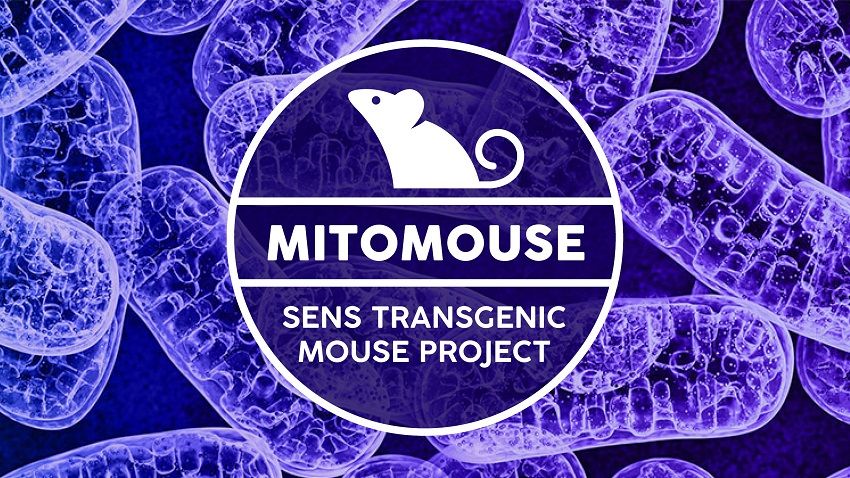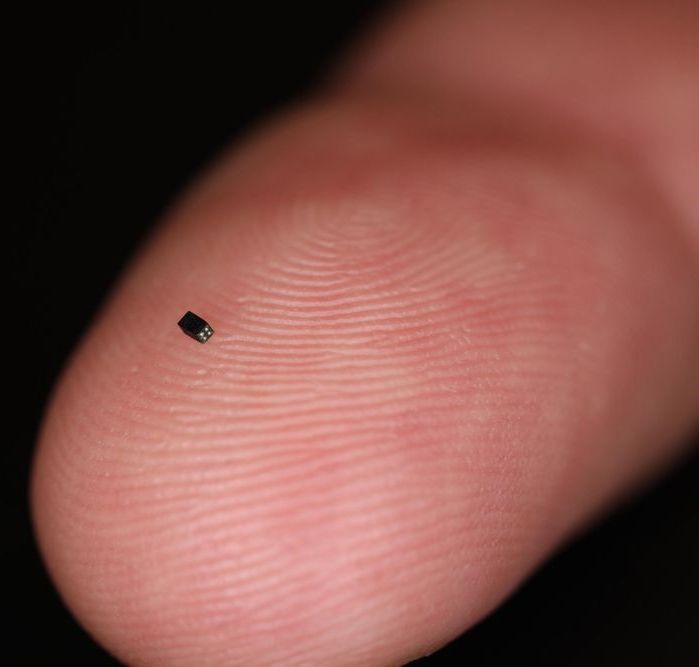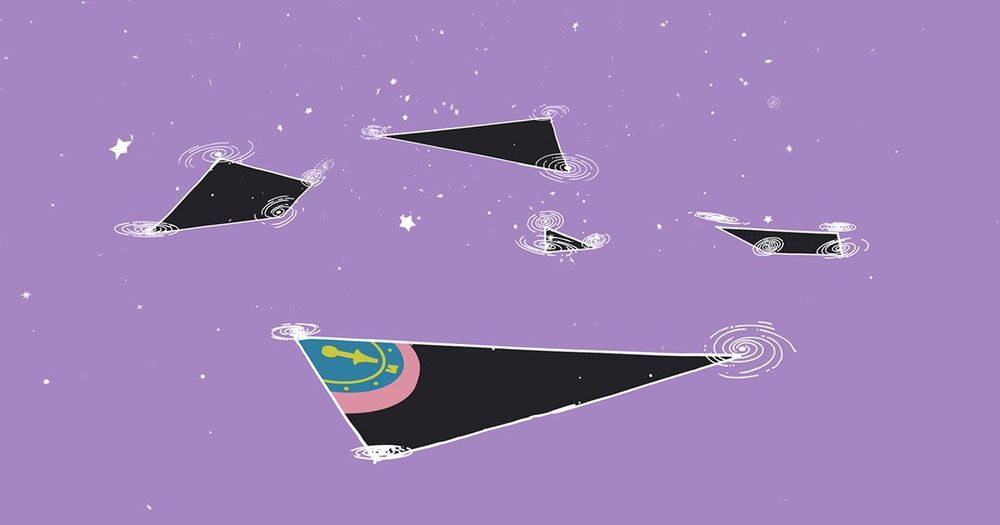Good news for the MitoMouse project! Thanks to the support of the community, LongeCity has already agreed to donate several thousand dollars to the MitoMouse campaign. It plans to expand this support, fully funding the stretch goal of $75,000 if we are able to reach the first $65,000 goal.
With just $1460 left to go before we reach the first stretch goal, your donation is critical in making these stretch goals a reality – and bringing about the end of mitochondrial dysfunction that much sooner! There are only a few days left in this campaign, so if you haven’t already donated, now is the time!






